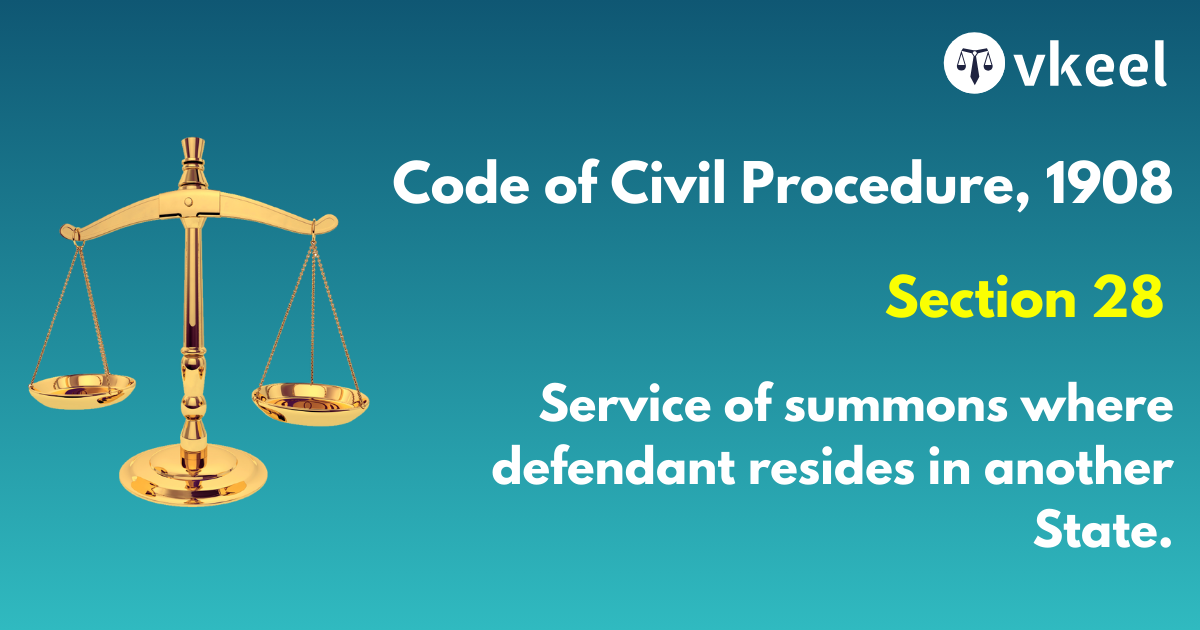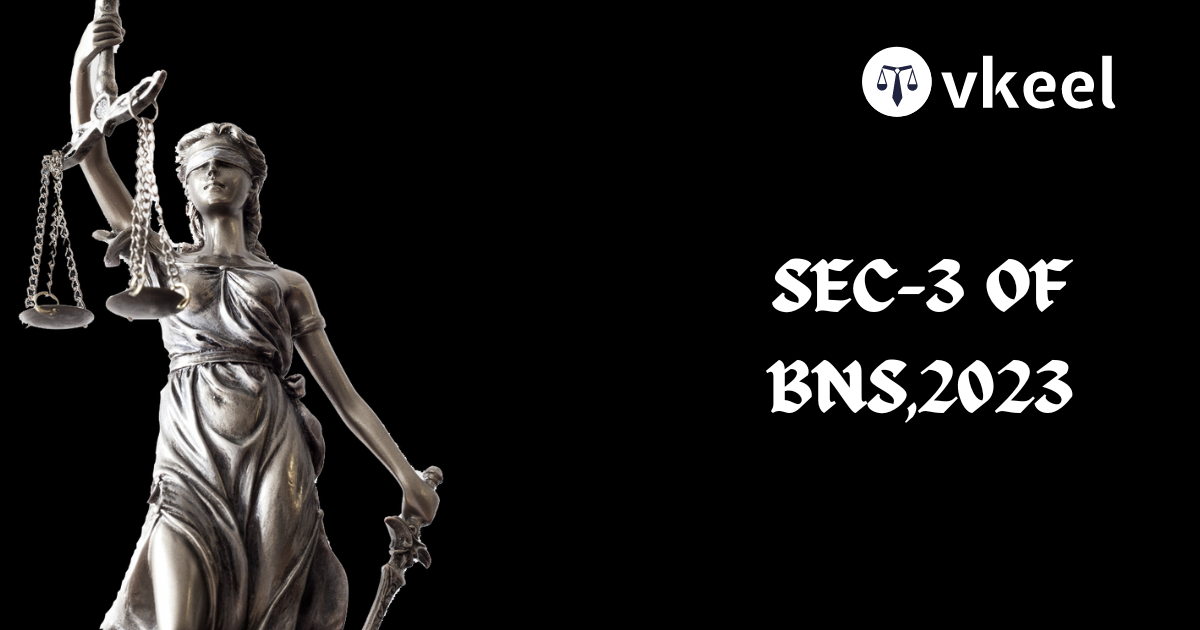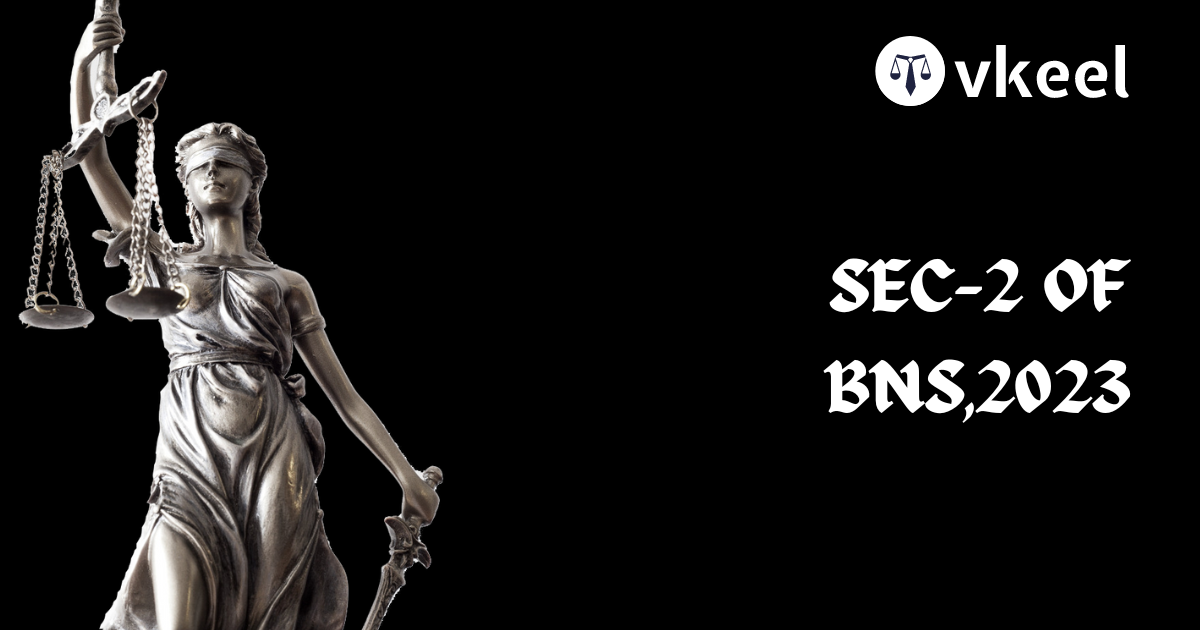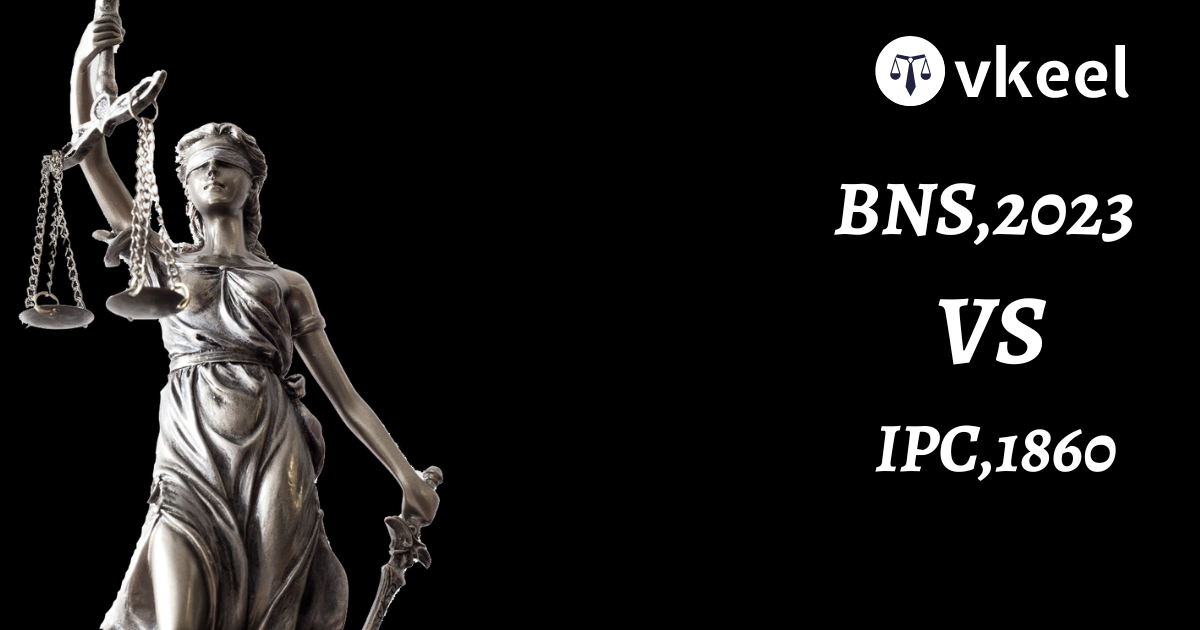Section 28 of the Code of Civil Procedure,1908
By Joy Puri
Introduction
The section 28 of the Code of Civil Procedure talks about the servicing of the summons in a situation wherein the defendant of the respective case resides in another state of the country.
Taking an example for the same, assuming that a conflict arises between A who lives in Delhi and B who lives in Madhya Pradesh. The respective court after deciding the jurisdiction of the case, in accordance to Section 28 of the Code of Civil Procedure, will issue summons to the defendant living in the another state.
What are summons?
The word ‘summon’ is widely used in the legal domain. In a precise definition the summon refers to the intimations of the case which is sent to the defendant by the court of law is in legal terms called as summon.
Furthermore, the Rule 3 opines that the defendant in the respective case may appear in person or through an instructed pleader who is able to answer the material questions of the matter, or by a pleader accompanied by some person able to answer the related questions.
Order 5 further entails about the summons which are sent to the defendant. However in a situation wherein at the same time of the presentation of the plaint, the defendant is present and admits the former’s claim, no summons are issued by the court.
Exemptions from appearing in the court in person
The exceptions of appearing in persons is further entailed in the Section 132-33 Rule 4. In the antecedent provisions the statute narrates that no party shall be ordered to appear in person in a situation unless he resides within the local limits of the court’s ordinary original jurisdiction or outside such limits, but a place less than 50 miles, or 200 miles (where public conveyance is available) from the courthouse. Or somebody who is a woman not appearing in public or somebody who is entitled to exemption under the code.
Section 28 of the Code of Civil Procedure
Service of summons where defendant resides in another State.
(1) A summons may be sent for service in another State to such Court and in such manner as may be prescribed by rules in force in that State.
(2) The Court to which such summons is sent shall, upon receipt thereof, proceed as if it had been issued by such Court and shall then return the summons to the Court of issue together with the record (if any) of its proceedings with regard thereto.
(3) Where the language of the summons sent for service in another State is different from the language of the record referred to in sub-section (2), a translation of the record—
(a) in Hindi, where the language of the Court issuing the summons is Hindi, or
(b) in Hindi or English where the language of such record is other than Hindi or English, shall also be sent together with the record sent under that sub-section.
Landmark Case Laws
Rasu Mudaliar Vs Veerasami Pillai And Ors, 1908
Section 28 of the Code of Civil Procedure cannot enable the plaintiff to join with his suit against the 1st defendant a suit for an account against his co-trustee, the 2nd defendant, over which the Small Cause Court has no jurisdiction.
Madan Mohun Lal Vs F. Holloway By his Am Mookhtear, 1886
We think that Section 28 of the Code of Civil Procedure authorises the court to give relief in cases like the present. That section says that all persons may be joined as defendants against whom the right to any relief is alleged to exist, whether jointly, severally or in the alternative, in respect of the same matter
Bheru Lal Vs Shanti Lal, 1985
An objection as to service of summons should be raised at the earliest possible opportunity. If it is not taken at that stage, it is deemed to have been waived.
Sunil Poddar Vs Union Bank of India, 2008
Where the court orders service by an advertisement in a newspaper, the newspaper should be daily newspaper circulating in the locality in which the defendant is last known to have actually or voluntarily resided, carried on business or personally worked for gain. Such service is an effective service, even if the defendant is not the subscriber of the newspaper or is not reading it.
Conclusion
The section 28 thereby envisages about the summons and the procedure about the summons in the legal landscape.
The courts, over the years have enumerated about the apt procedures about the summons by the way of landmark legal precedents.
Disclaimer:
The information provided in the article is for general informational purposes only, and is not intended to constitute legal advice or to be relied upon as a substitute for legal advice. Furthermore, any information contained in the article is not guaranteed to be current, complete or accurate. If you require legal advice or representation, you should contact an attorney or law firm directly. We are not responsible for any damages resulting from any reliance on the content of this website.











